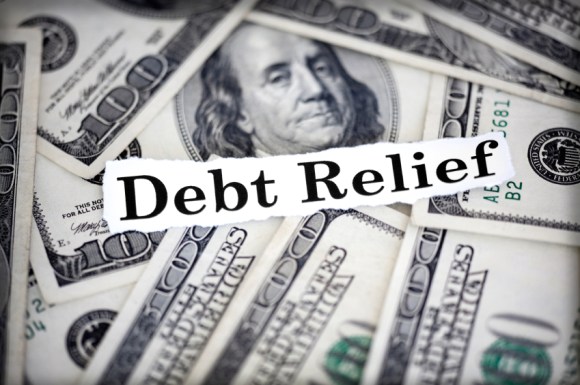Were you a beneficiary of mortgage debt relief this year? If so, it’s important that you understand how that debt relief will impact your 2013 taxes, especially since 2013 is the final year of The Mortgage Debt Relief Act of 2007.
Debt that was reduced through restructuring and forgiveness may qualify for relief. We’ll discuss the rules so you can figure out if that amount is tax free.
Debt Forgiveness Isn’t Normally Tax Free
Normally, debt forgiveness isn’t tax free. In many cases, you are required to pay taxes on the amount of the forgiven debt as if it is income. However, the Mortgage Forgiveness Debt Relief Act of 2007 has made it possible for you to avoid paying income tax on forgiven mortgage debt — at least until the law expires at the end of 2013.
The law has been extended more than once since it was passed, because it was only intended to be temporary. Congress might decide to extend the law again, but as of right now, your forgiven mortgage debt is only tax free through the end of this year.
What are the Restrictions on the Mortgage Forgiveness Debt Relief Act of 2007?
As with most tax related laws, there are some requirements and restrictions that come with this law. First of all, the forgiven debt must be secured by your primary residence. Additionally, there is a $2 million limit on the amount that qualifies for those who are married filing jointly. You can also use the forgiveness provision and apply it to refinancing, as long as the old mortgage, immediately before the refinance, qualifies.
It’s important to note that this law only applies to mortgage debt. Other types of forgiven debt, such as credit card debt, aren’t included. If your other types of debt have been forgiven (except in specific circumstances), you will have to treat the forgiven debt as income, and pay taxes on it.
What is Mortgage Forgiveness?
Mortgage forgiveness might come as a result of a loan modification or a short sale. Basically, if the lender says that you don’t have to pay a portion of your mortgage, that is the amount forgiven. So, if you have a balance of $170,000 when you perform a short sale for $150,000, the amount forgiven is $20,000. In normal circumstance, you would add that $20,000 to your income, which means higher taxes (especially if the amount bumps you up into another tax bracket). However, until the end of 2013, you don’t have to pay taxes on that amount, as long as you meet the requirements.

